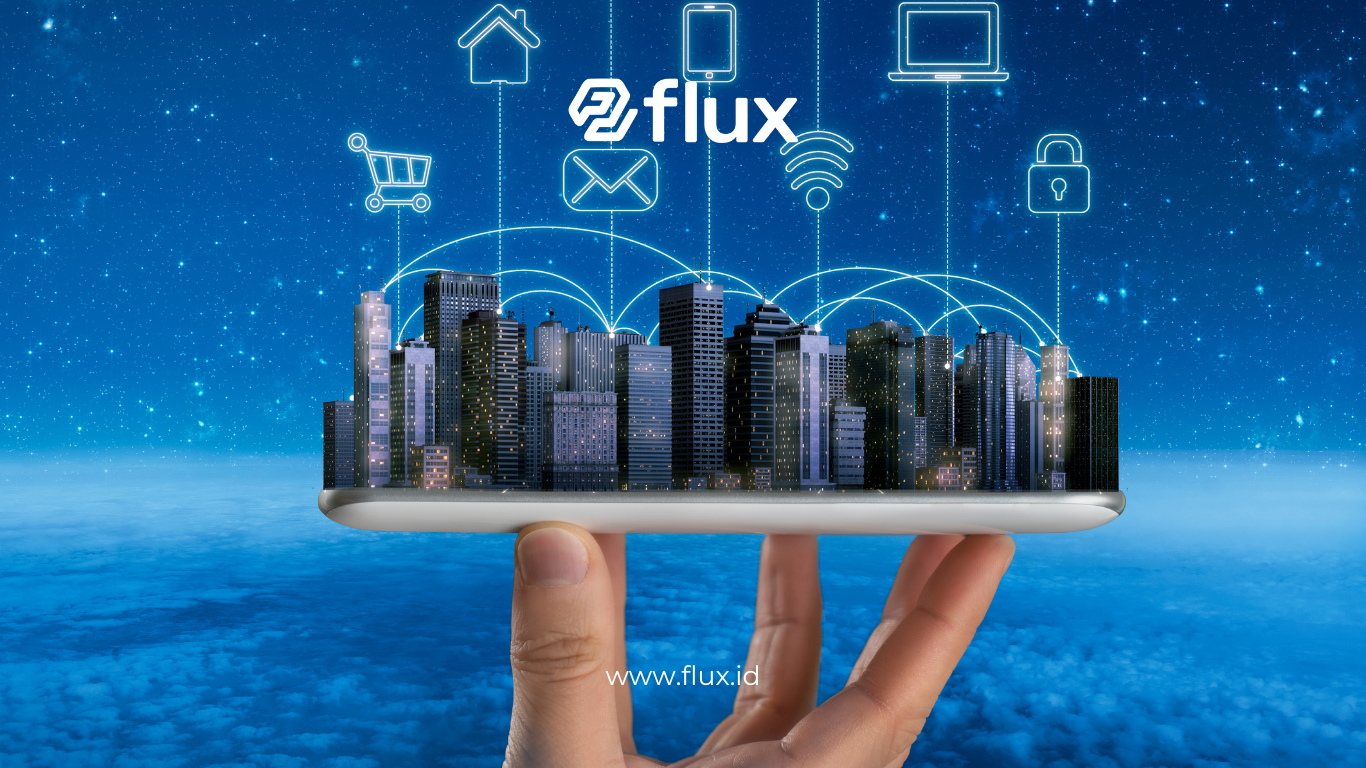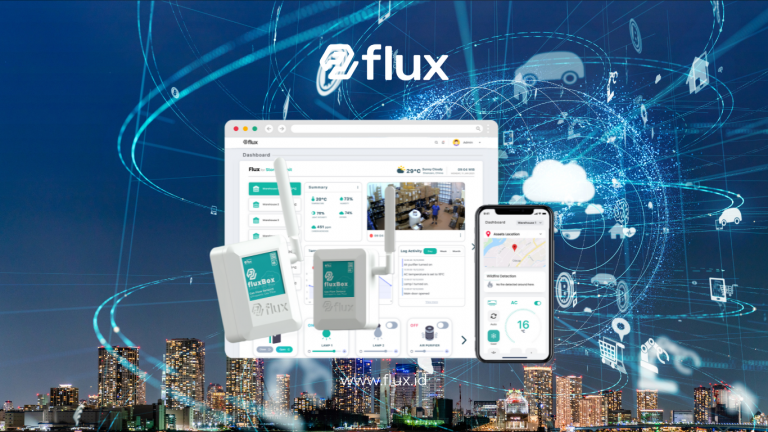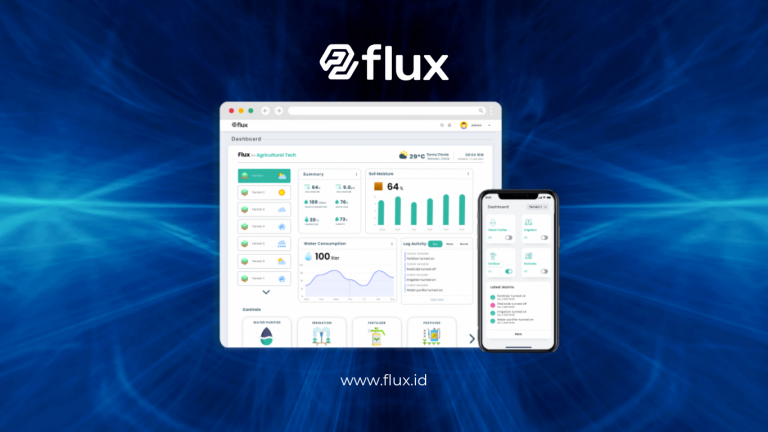Don't miss our holiday offer - 20% OFF!
In the digital era, the concept of a smart city has become increasingly relevant for enhancing the quality of urban life. With growing urban populations, smart city technology offers efficient solutions to manage various urban challenges, from transportation and energy to environmental sustainability. A smart city integrates information and communication technologies to create a more sustainable and comfortable environment for its residents.
Contents
What Is a Smart City?
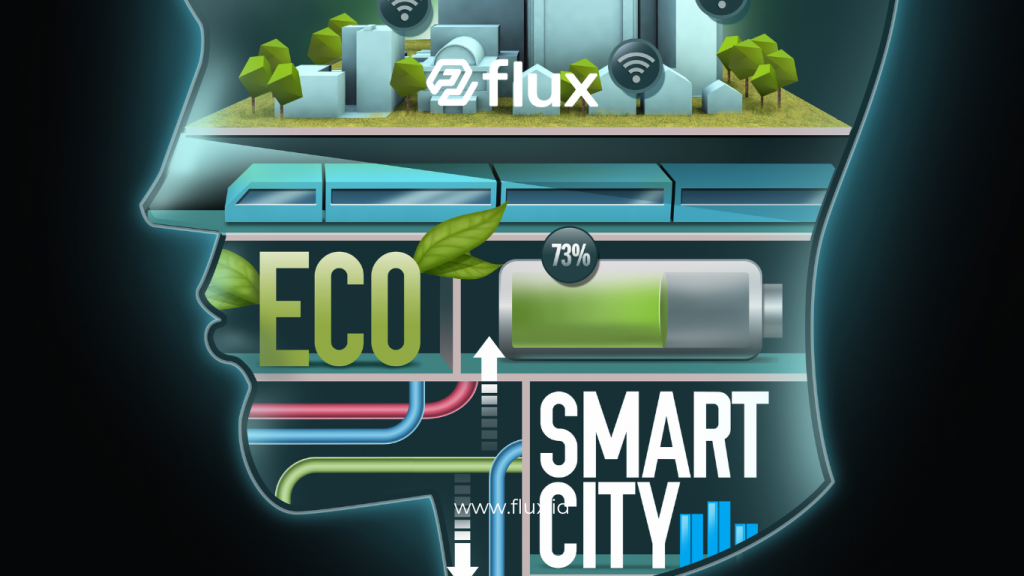
Read More: IoT Technology in Smart City Development: Realizing a Connected and Sustainable City
A smart city is a concept where digital technology is applied to manage urban resources efficiently. Using technologies like the Internet of Things (IoT), sensors, and big data, city governments can monitor, manage, and optimize urban infrastructure. This aims to improve residents’ quality of life, reduce carbon footprints, and increase the effectiveness of public services.
Benefits of Smart Cities for Urban Life
- Traffic and Transportation Management
A primary focus of smart cities is improving transportation systems. With sensors and IoT technology, traffic can be managed in real-time to reduce congestion, enhance safety, and optimize public transport routes. - Energy Efficiency and Emission Reduction
Smart cities also prioritize energy efficiency through renewable energy systems. Smart street lights that activate only when needed and energy-efficient buildings contribute to carbon emission reduction. - Waste Management and Environmental Cleanliness
Smart waste management allows efficient waste collection using sensors that monitor bin levels. This enables waste collection only when bins are full, reducing operational costs and keeping the city clean. - Air and Water Quality Monitoring
Air and water quality sensors are crucial in a smart city to maintain public health. Governments can monitor pollution levels in real-time and take swift action if contamination poses a risk to public health.
Key Technologies in Smart City Development

Read More: Smart City and the Future of Urban Areas: Optimizing Infrastructure with Smart Technology
- Internet of Things (IoT)
IoT enables various devices across the city to connect and share data. From streetlights to traffic sensors, IoT facilitates extensive data collection and connects different city systems. - Artificial Intelligence (AI)
AI is used to analyze the data collected from IoT devices and aid in swift decision-making. With AI, cities can predict energy needs, traffic patterns, and more. - Data Analytics
Data collected from various sources must be analyzed to provide valuable insights. Data analytics helps city governments understand citizens’ needs, manage resources better, and respond to issues quickly. - Blockchain
Blockchain offers data security and transparency, ensuring that every transaction or data exchange within the smart city ecosystem is protected from manipulation.
Challenges in Realizing a Smart City
- Privacy and Data Security Issues
With vast data collections, privacy and security are major concerns. Strong security systems are essential to protect citizens’ data. - High Implementation Costs
Smart city infrastructure requires significant costs, including hardware, software, and maintenance expenses. - Social and Cultural Change
Not all urban communities are ready for technological changes. Education and socialization are essential to ensure the public can fully benefit from smart city technology. - Limited Infrastructure in Older Cities
Some cities have aging infrastructures that are challenging to integrate with new technology. Updating these requires substantial time and financial investments.
Implementation of Smart Cities in Various Cities Worldwide
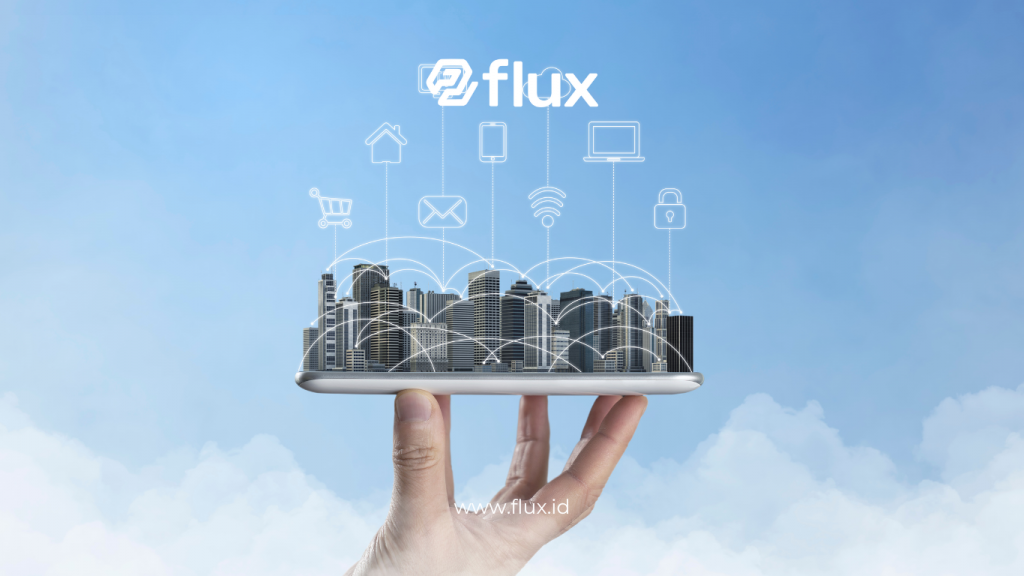
Read More: Guide to Building a Smart City: Digital Transformation for a More Efficient City
- Singapore
Singapore has long implemented the smart city concept, managing intelligent transport systems, air quality monitoring, and sustainable energy systems. With well-managed data, Singapore serves as a leading example of smart city technology implementation. - Barcelona, Spain
Barcelona uses sensors to manage water, waste, and smart transportation. This technology helps Barcelona save resources and improve efficiency in various urban sectors. - Seoul, South Korea
Seoul has implemented smart city systems with highly efficient public transport, air quality monitoring, and free public internet access. As a result, residents enjoy an improved quality of life.
Steps for Building a Sustainable Smart City
- Developing Digital Infrastructure
Adequate digital infrastructure is the foundation of a smart city. The government must ensure fast and stable internet networks to support IoT technology and digital applications. - Collaboration between Government and Private Sector
Collaboration between the government and the private sector is crucial for developing a smart city. With investments and innovations from the private sector, technology can be implemented more quickly and efficiently. - Providing Education and Training for Citizens
For citizens to benefit from smart city technology, education and training are essential. Digital literacy programs help residents become familiar with new technology and how to use it. - Prioritizing Data Security and Privacy
Data security and privacy must be a priority in smart city development. Without adequate security, public trust in technology will decline. - Implementing Environmentally Friendly Policies
Smart cities should focus on environmental sustainability. Renewable energy use, emission reduction, and efficient waste management are key components of a sustainable smart city.
Conclusion
Smart cities are the future of improved urban living. By utilizing technologies like IoT, AI, and data analytics, cities can manage resources efficiently, enhance residents’ quality of life, and achieve environmental sustainability. However, the success of a smart city does not rely solely on technology but also on collaboration between governments, the private sector, and the public. With careful planning, smart cities can be an effective solution to future urban challenges.


